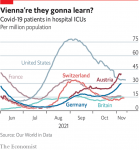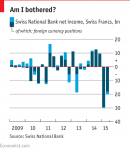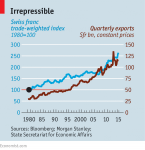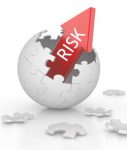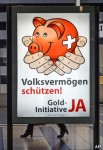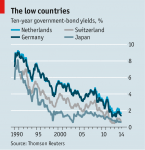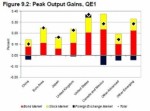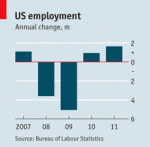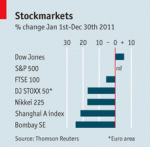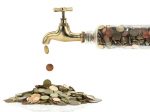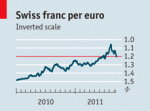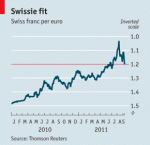Nov 15th 2021BERLIN“IT IS TERRIFYING, all the arguments and measures to persuade the unvaccinated to get the jab are simply ignored,” said Manfred Güllner, head of Forsa, a German pollster. The cause of his consternation? In a recent Forsa survey, 65% of the 3,048 unvaccinated Germans polled said they would “definitely” not get a covid-19 jab in the next two months.
Read More »2021-11-16









